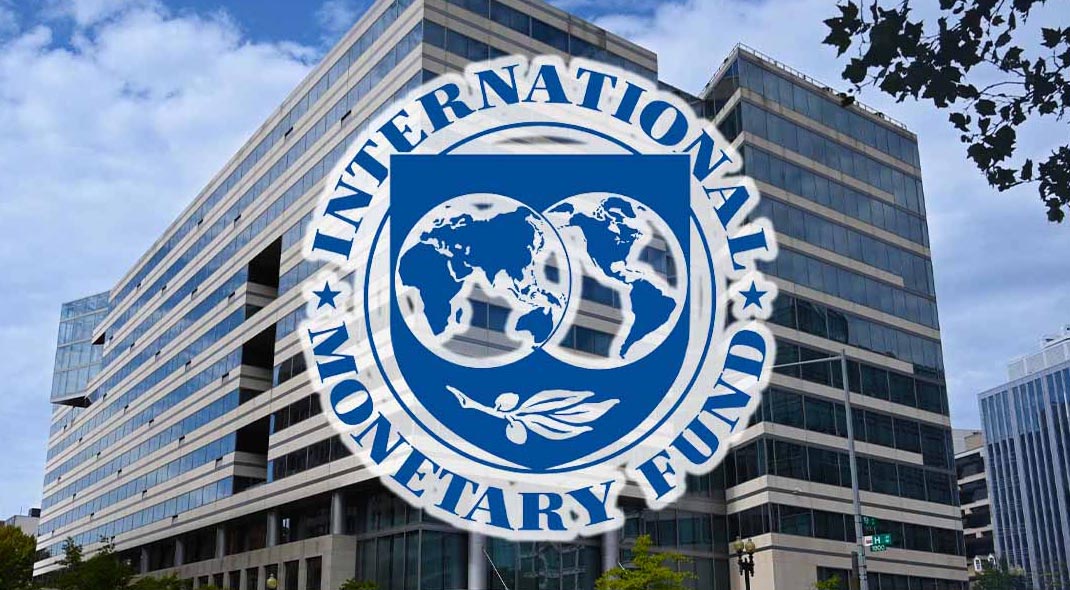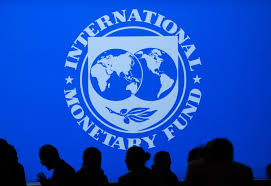Published
3 months agoon
By
Diella Teku
Ghana’s energy sector is grappling with deep-seated challenges, as the International Monetary Fund (IMF) calls for urgent reforms under the Energy Sector Recovery Programme (ESRP) to stabilize the industry and safeguard the nation’s fiscal health.
In its latest staff report, the IMF disclosed an alarming energy sector deficit for 2024, surpassing projections by 0.6 percentage points of GDP. These shortfalls have added immense pressure to Ghana’s public finances, exacerbated by inefficiencies like the Electricity Company of Ghana’s (ECG) flawed implementation of the Cash Waterfall Mechanism, which has intensified arrears owed to Independent Power Producers (IPPs) and fuel suppliers.
Mounting Financial Strain
As of December 2023, arrears in the energy sector, including legacy debts, reached $2.1 billion, accounting for 2.8% of Ghana’s GDP. This fiscal burden has underscored the sector’s vulnerability, with the IMF identifying it as a critical risk requiring immediate attention.
Despite these setbacks, the IMF remains cautiously optimistic about the potential for recovery. A new energy sector strategy aimed at cutting operational costs and boosting revenue is on track for finalization by June 2025, with Cabinet approval anticipated by September 2025.
The Roadmap to Recovery
To address these mounting challenges, the IMF has proposed a series of medium-term reforms:
Debt Validation Audits: The energy sector’s legacy debts for 2023 and 2024 will undergo validation audits, set to be completed by March and August 2025, respectively.
Tariff Adjustments: The Public Utilities Regulatory Commission’s (PURC) ongoing 2022-2025 tariff review will facilitate quarterly tariff adjustments based on technical analysis to bolster financial sustainability.
Operational Efficiency Reviews: PURC will conduct a comprehensive review of inefficiencies across the energy sector to identify and address key gaps.
To mitigate current losses, a 3% average electricity tariff increase introduced in October 2024 is already in effect, providing a modest boost to revenue streams.
A Call to Action
The IMF has stressed that timely and effective implementation of these reforms is critical to reducing fiscal vulnerabilities and stabilizing Ghana’s energy sector. With $2.1 billion in arrears and a widening deficit, the pressure is mounting on stakeholders to act decisively.
While challenges persist, the reforms, if executed as planned, could mark a turning point for the energy sector, offering a path toward financial sustainability and operational efficiency.


President-elect Mahama Calls for Urgent Overhaul of Ghana’s Energy Sector Amid Economic Concerns


2023 will be ‘tougher’ for global economy – IMF.


Expect food prices to keep rising – IMF warns.


The International Monetary Fund (IMF) has left out Ghana in a list of 25 countries whose debts it has cancelled.


$1bn IMF loan will be used this week – Finance Minister

























